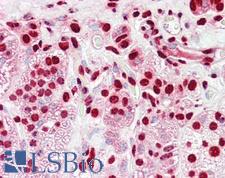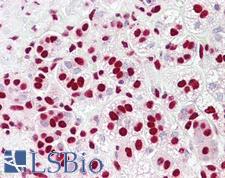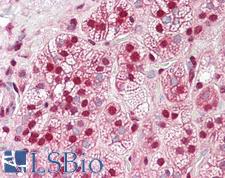Login
Registration enables users to use special features of this website, such as past
order histories, retained contact details for faster checkout, review submissions, and special promotions.
order histories, retained contact details for faster checkout, review submissions, and special promotions.
Forgot password?
Registration enables users to use special features of this website, such as past
order histories, retained contact details for faster checkout, review submissions, and special promotions.
order histories, retained contact details for faster checkout, review submissions, and special promotions.
Quick Order
Products
Antibodies
ELISA and Assay Kits
Research Areas
Infectious Disease
Resources
Purchasing
Reference Material
Contact Us
Location
Corporate Headquarters
Vector Laboratories, Inc.
6737 Mowry Ave
Newark, CA 94560
United States
Telephone Numbers
Customer Service: (800) 227-6666 / (650) 697-3600
Contact Us
Additional Contact Details
Login
Registration enables users to use special features of this website, such as past
order histories, retained contact details for faster checkout, review submissions, and special promotions.
order histories, retained contact details for faster checkout, review submissions, and special promotions.
Forgot password?
Registration enables users to use special features of this website, such as past
order histories, retained contact details for faster checkout, review submissions, and special promotions.
order histories, retained contact details for faster checkout, review submissions, and special promotions.
Quick Order
PathPlusTM HNRNPK / hnRNP K Antibodies
HNRNPK ( hnRNP K) belongs to the subfamily of ubiquitously expressed heterogeneous nuclear ribonucleoproteins (hnRNPs). The hnRNPs are RNA binding proteins and they complex with heterogeneous nuclear RNA (hnRNA). These proteins are associated with pre-mRNAs in the nucleus and appear to influence pre-mRNA processing and other aspects of mRNA metabolism and transport. While all of the hnRNPs are present in the nucleus, some seem to shuttle between the nucleus and the cytoplasm. The hnRNP proteins have distinct nucleic acid binding properties. The protein encoded by this gene is located in the nucleoplasm where it binds tenaciously to poly(C). This protein is thought to have a role during cell cycle progession. Mutations in HNRNPK lead to Au-Kline / Okamoto syndrome, a genetic condition characterized by heart defects, intellectual disasbility, facial and skeletal abnormalities and delayed language and walking. Deletions in HNRNPK are also associated with myeloid, lymphoid, and hepatocellular cancers. In immunohistochemistry of normal tissue, HNRNPK has nuclear positivity in all tissues throughout the body.
References: The UniProt Consortium. Nucleic Acids Res. 47: D506-515 (2019); Nucleic Acids Res. 2016 Jan 4;44(D1):D733-45, PMID:26553804; Cancer Cell. 28 (4): 486–499, PMID: 26412324; "Au-Kline syndrome". Genetics Home Reference, URL: https://ghr.nlm.nih.gov/condition/au-kline-syndrome;
3 PathPlusTM Antibodies



☰ Filters
Products
Antibodies
(3)
Type
Primary
(3)
Target
HNRNPK / hnRNP K
(3)
Reactivity
Human
(3)
Mouse
(3)
Rat
(3)
Monkey
(3)
Opossum
(3)
Application
IHC-P
(3)
WB
(2)
Host
rabbit
(3)
Product Group
PathPlus Cancer
(3)
Clonality
polyclonal pc
(3)
Format
Unconjugated
(3)
Epitope
aa1-50
(1)
aa200-250
(1)
aa380-430
(1)
Publications
No
(3)

Cancer
HNRNPK / hnRNP K Rabbit anti-Human Polyclonal (aa1-50) Antibody
Mouse, Rat, Opossum, Human, Monkey
IHC-P, WB
Unconjugated
50 µg/$375

Cancer
HNRNPK / hnRNP K Rabbit anti-Human Polyclonal (aa200-250) Antibody
Mouse, Rat, Opossum, Human, Monkey
IHC-P, WB
Unconjugated
50 µg/$375

Cancer
HNRNPK / hnRNP K Rabbit anti-Human Polyclonal (aa380-430) Antibody
Mouse, Rat, Opossum, Human, Monkey
IHC-P
Unconjugated
50 µg/$375
Viewing 1-3
of 3
product results











